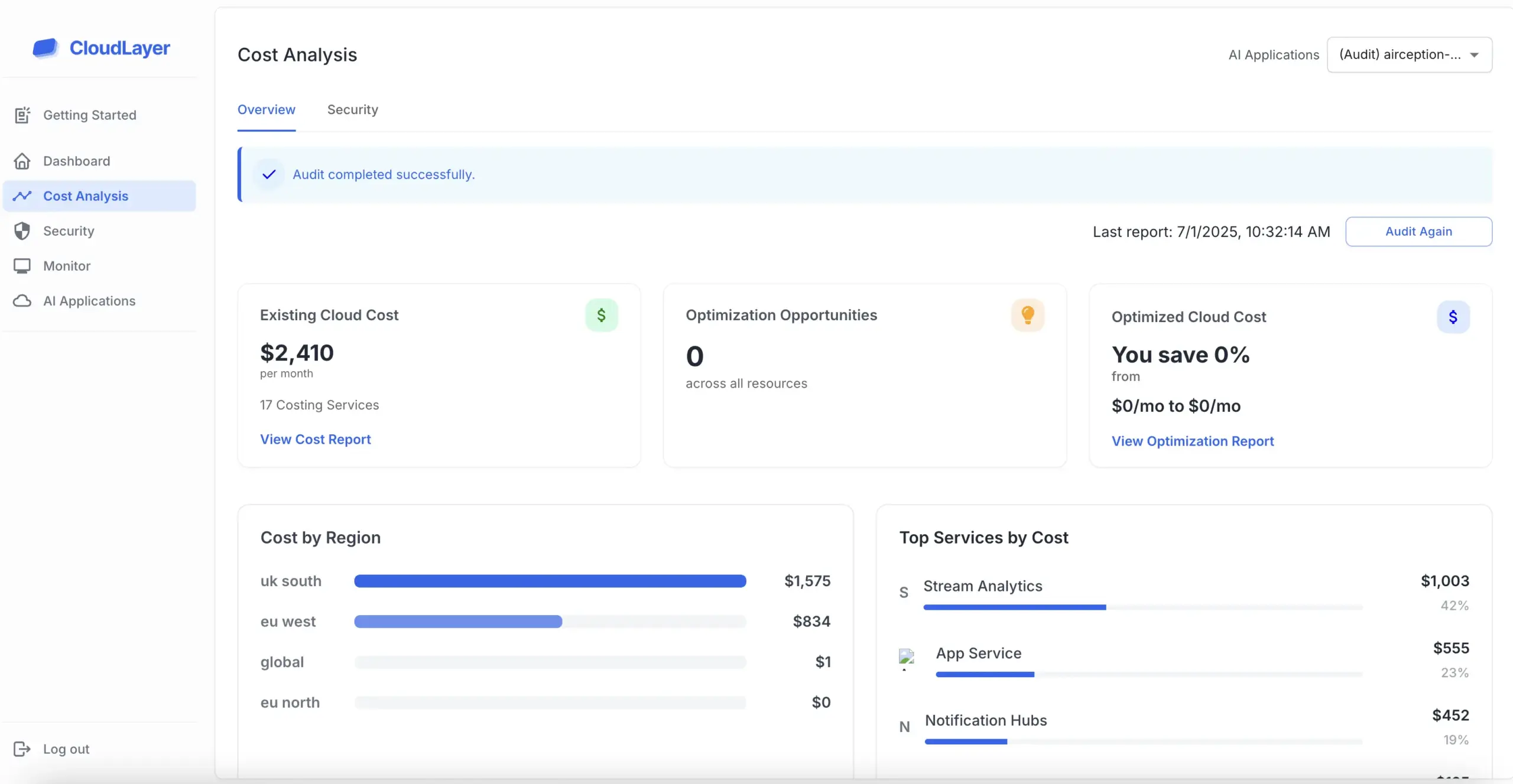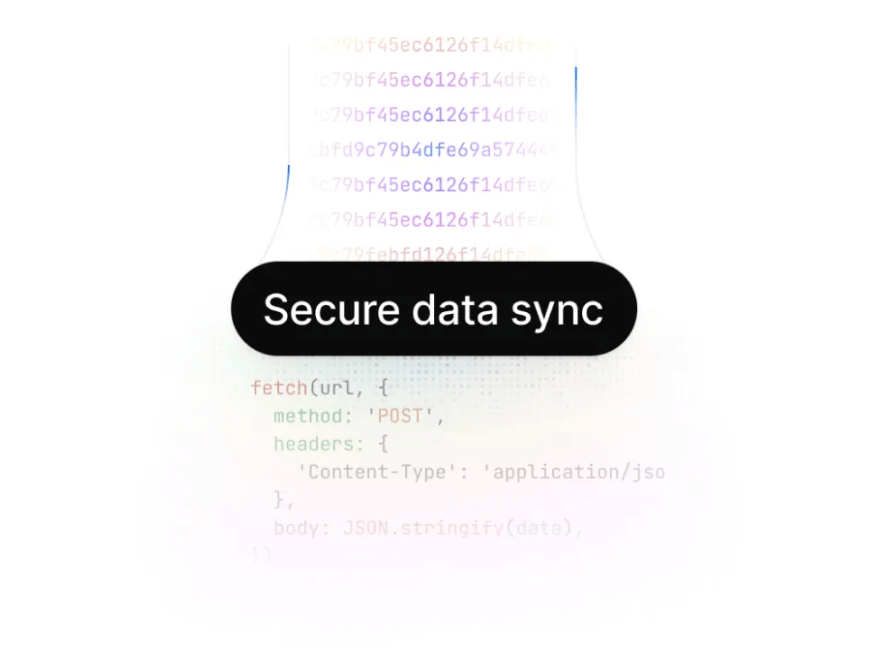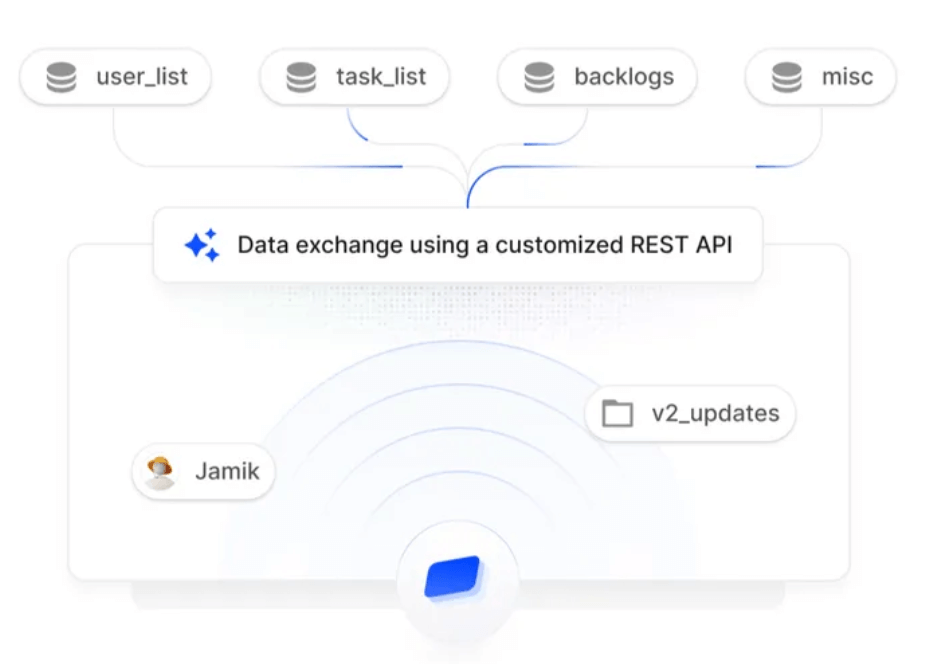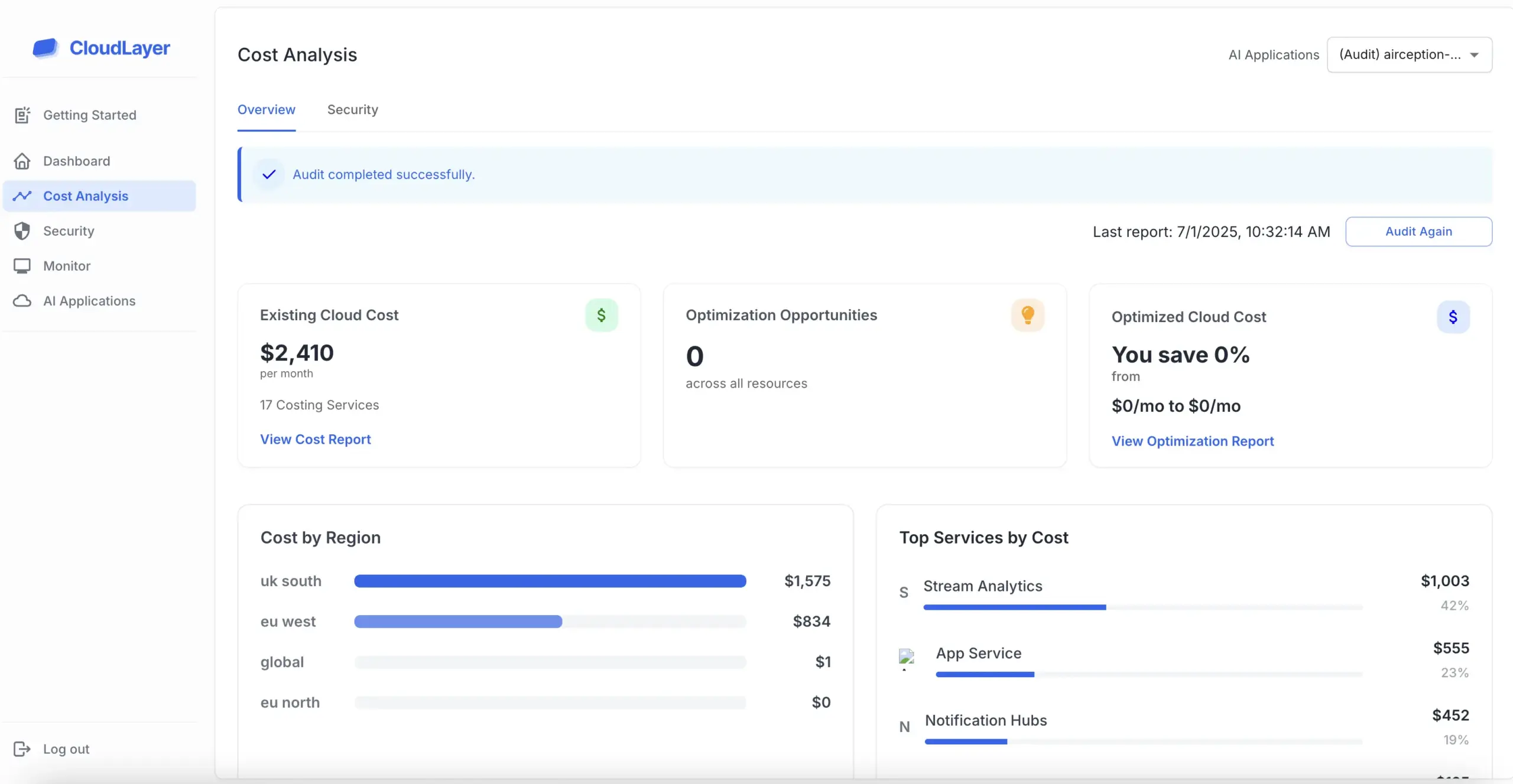

HIPAA, enacted in 1996, is a federal law designed to protect patient privacy and secure health information. It applies to healthcare providers, health plans, and healthcare clearinghouses that electronically transmit PHI.

The primary HIPAA compliance requirements include the Privacy Rule, Security Rule, and Breach Notification Rule. Each of these components plays a vital role in ensuring that patient information is adequately protected.

Covered entities, including healthcare providers and insurance companies, must implement specific safeguards to comply with HIPAA requirements. These safeguards are designed to protect the integrity, confidentiality, and availability of PHI.

Training employees on HIPAA compliance requirements is crucial in fostering a culture of awareness and responsibility. Regular training sessions can help mitigate risks associated with human error and data breaches.

